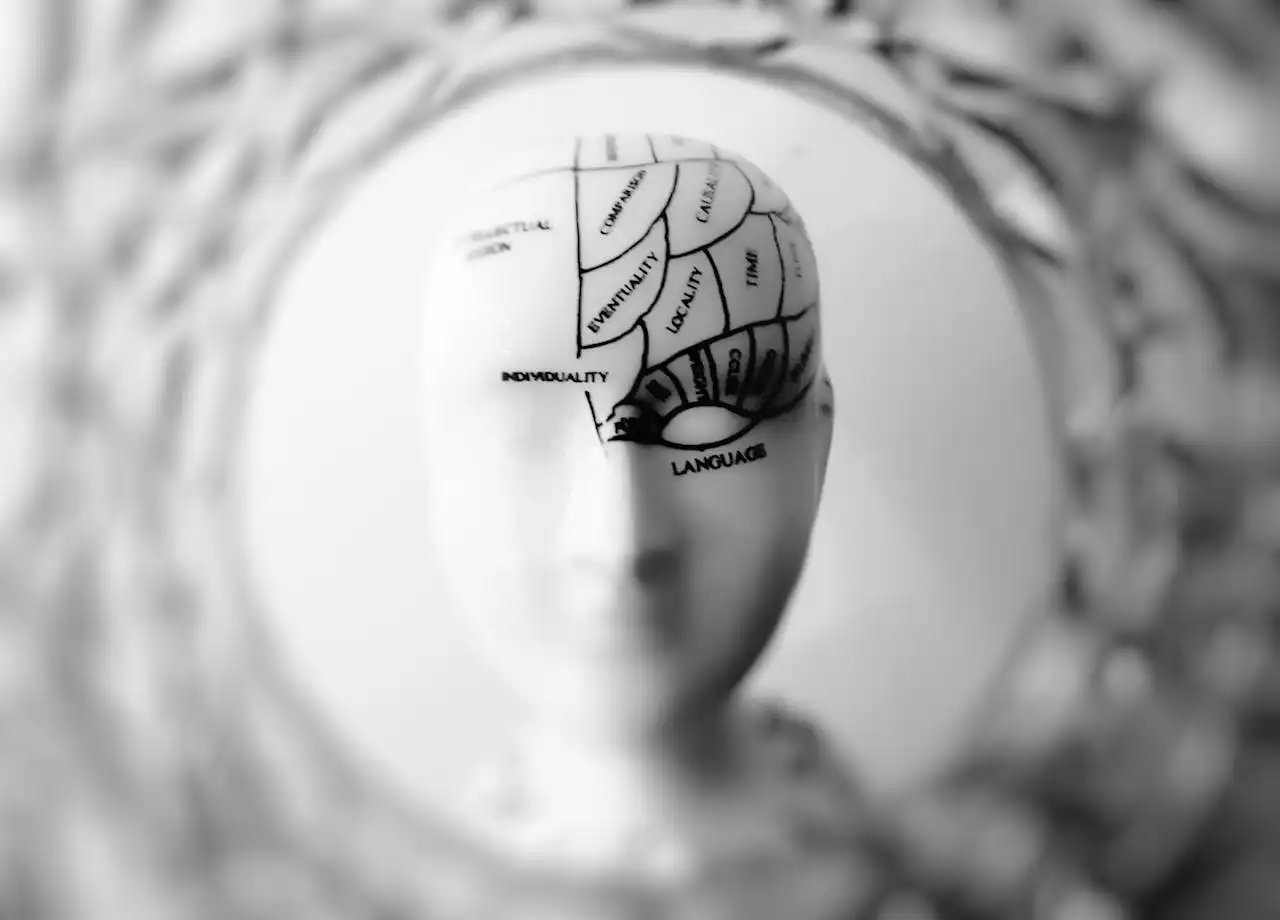The Good Side of Caffeine: Understanding How Coffee's Main Stimulant Works on Your Body
Muhe - Tuesday, 15 July 2025 | 06:00 PM (WIB)


The Brain's Sleepy Signal and Caffeine's Clever Countermove
At the heart of caffeine's power is its interaction with adenosine. Think of adenosine as your brain's internal lullaby singer. Throughout the day, as your neurons fire and you expend energy, adenosine levels steadily rise in your brain. It binds to specific receptors, signaling your brain that it's time to slow things down, perhaps even inducing that lovely, irresistible urge to take a nap. The more adenosine that piles up, the sleepier you get. It’s your body’s natural braking system, built for rest and recovery. Now, here comes caffeine, the ultimate party crasher. Structurally, caffeine is incredibly similar to adenosine. So similar, in fact, that it can sneak into those same adenosine receptors and effectively block them. It doesn't activate the receptors; it just sits there, like a car parked in a reserved spot, preventing adenosine from doing its job. Because adenosine can't bind, its "slow down" signal never gets through. Your brain, unaware of how much adenosine is actually floating around, continues to operate as if it's wide awake and ready to roll. It's a brilliant bit of molecular mimicry, really.Beyond Just Waking Up: The Cognitive Symphony
While blocking adenosine is caffeine's primary trick, its effects ripple out, orchestrating a whole symphony of cognitive enhancements. With adenosine out of the way, other neurotransmitters, like dopamine and norepinephrine, get a bit of a boost. Dopamine, the "feel-good" chemical, contributes to caffeine's mood-lifting qualities, often making us feel more alert and even a little euphoric. Norepinephrine, on the other hand, is a key player in the "fight or flight" response, sharpening our focus and reaction times. This translates to some pretty awesome upgrades for your brainpower. Ever notice how a tricky problem suddenly seems clearer after a coffee? That’s no coincidence. Caffeine has been shown to improve various aspects of cognitive function, including short-term memory, vigilance, and logical reasoning. You might find yourself more focused, able to concentrate for longer periods, and less prone to those frustrating mental lags. It's like your brain gets an invisible power-up, allowing you to tackle tasks with renewed vigor and clarity.Fueling the Body: Physical Performance and Beyond
The good vibes don't stop at your head; caffeine also works its magic on your body, making it a favorite pre-workout stimulant for many. By influencing the central nervous system, it can decrease your perception of effort during exercise. That means that tough last rep or that extra mile feels just a little bit easier, allowing you to push harder and potentially perform better. It also helps mobilize fatty acids from fat tissues, making them available for energy, which can slightly boost your metabolism and assist with endurance. Think about it: that early morning run or gym session, which might otherwise feel like pulling teeth, suddenly becomes doable, even enjoyable, thanks to a well-timed dose of caffeine. It gives you that necessary kick to hit the ground running, whether you're chasing personal bests or just trying to get through a busy day on your feet.A Few Other Nifty Bits (In Moderation, Of Course)
While the immediate effects are what we mostly feel, research has also hinted at some fascinating long-term health associations with regular, moderate caffeine consumption. Studies suggest potential links to a reduced risk of certain neurodegenerative diseases like Parkinson's and Alzheimer's, though the exact mechanisms are still under investigation. There's also some evidence pointing towards a lower risk of Type 2 diabetes, certain liver diseases (like cirrhosis), and even some forms of cancer. Of course, this isn't a license to chug coffee like water, but it adds another intriguing layer to caffeine's resume. It's important to remember that like all good things, moderation is key. Everyone's sensitivity to caffeine is a little different – some people can handle multiple cups and still sleep soundly, while others get the jitters from just one. But in a nutshell, when consumed thoughtfully, caffeine is far more than just a morning pick-me-up. It's a sophisticated chemical compound that expertly interacts with our biology, sharpening our minds, invigorating our bodies, and helping us navigate the demands of modern life with a little more zest. So next time you raise that mug, give a little nod to the incredible science brewing inside.
How to Relax Your Mind During the Weekend
6 months ago

ChatGPT's Compassionate Turn: How AI Is Learning to Handle Mental Health Crises Better
6 months ago

Coffee vs. Tea: The Morning Brew Showdown That's More Than Just a Cuppa
6 months ago

Cracking the Code: Your Guide to Taming Those Beastly Migraines
6 months ago

Fuel Your Supercomputer: Five Foods That Will Level Up Your Brainpower
6 months ago

Unlocking Your Inner Shield: Five Veggies That Are Basically Superheroes for Your Immune System
6 months ago

Your Secret Weapon for Weight Loss? It's As Simple As Putting One Foot in Front of the Other
6 months ago

Forever Young: The Secret to a Glowing, Timeless Life
6 months ago

Your Gut Feeling is Right: How to Feed Your Inner Universe for a Happier, Healthier You
6 months ago

Navigating Your Daily Grind: When Does Your Coffee Habit Cross the Line?
6 months ago
